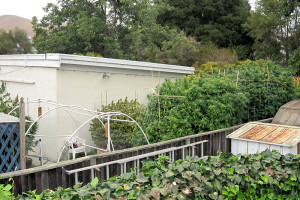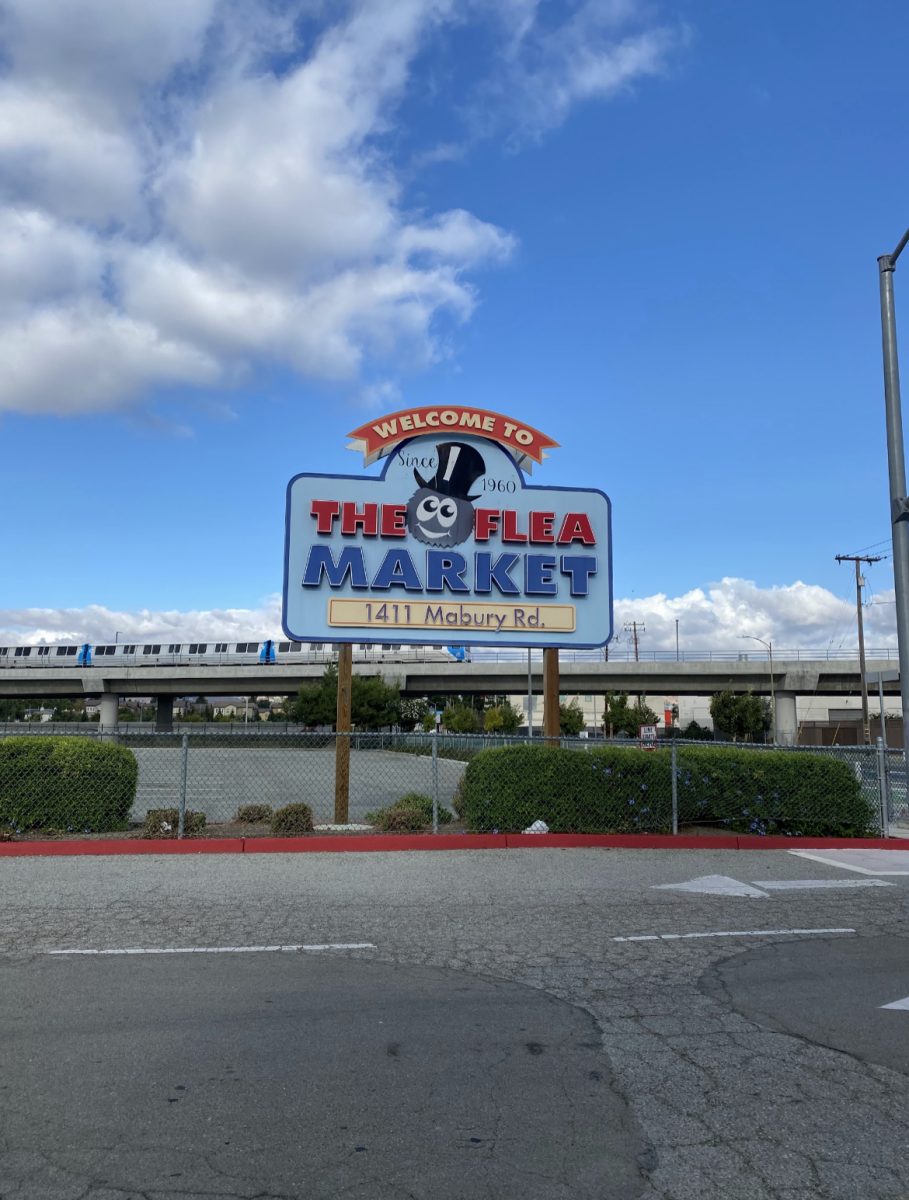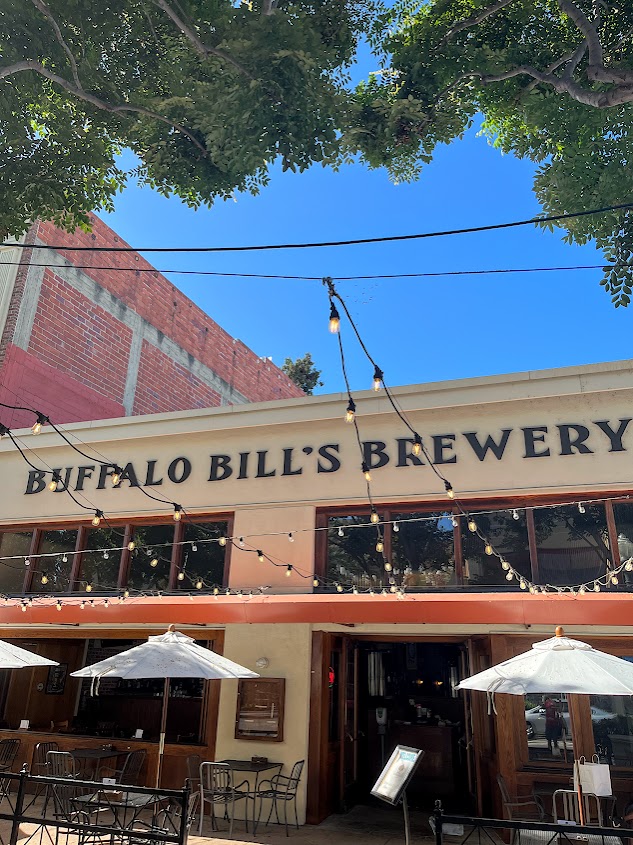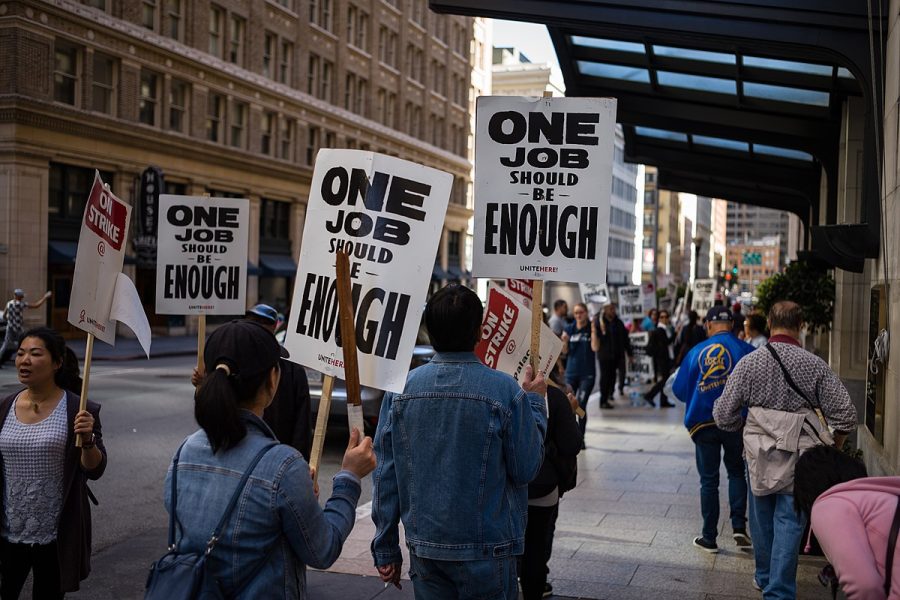
recreationally in California.
City leaders in Fremont are caught between an ambiguous state law that regulates medicinal marijuana and a federal law, which prohibits it as a nation. The loopholes allow municipalities to define the degrees of possession and cultivation and what defines legal versus illegal.
The conundrum is the result of unfolding events in the small neighborhood of Thane Street, three miles from the rustic 200-year-old Mission San Jose, where neighbors have reported to the police and the city council the presence of a constant odor very similar to that of skunk.
“It started about a year ago when my neighbor ripped out all the plants in his backyard and then used their land to grow marijuana,” said resident Larry Wing in an interview with The Pioneer. “It wasn’t just a few plants here and there or between the tomato plants; it’s a full scale growing operation with several plants being from 12 to 16 feet high.”
The police investigated, but declared they could do nothing further. The city council heard the complaints from families in the neighborhood, but has taken no action as of yet. Meanwhile, council sources said a committee is researching options.
The developments have come at a time when Fremont, a city of 216, 912 people, is seeking to project itself as an extension of Silicon Valley to draw in business from the tech-industry. When Fremont was named the “The 5th Best Run City in America,” earlier in 2013, just as when it was selected “All-American City” 16 years ago, no doubt the recognition added to the city’s fame.
Wing said he looked in his backyard one morning and saw his neighbor’s plants peeking over his six-foot fence. He also noted the neighbor two houses down had made his backyard into a marijuana growing operation as well, with both backyards next to each other. Alarmed that this kind of activity could attract unwanted crime, Wing said he contacted the Fremont Police Department who came out immediately to inspect the claims.
The growers in the houses showed the police their medicinal marijuana ID cards, by which they are protected and can even legally grow plants of any size.

Thane Street in Fremont.
“At the time, officers did determine that they had the correct permits in place [to grow marijuana]. The authority and permits are not city permits,” said Fremont Police Department Spokesperson Geneva Bosques. According to the California Department of Public Health, there were over 595 medicinal marijuana cards issued in Alameda County from 2011 to 2013.
Under the Compassionate Use Act, also known as Prop 215, which passed in 1996, prescribed patients can receive medicinal marijuana from designated dispensaries that sell the drug. The law also permits patients to cultivate the plant on their own private property. Federal law however prohibits possession of marijuana for recreational purposes.
The Compassionate Use Act allows “possession of no more than eight ounces of useable cannabis [dry product] or cultivating no more than 6 mature or 12 immature plants.” Since the two houses on Thane Street had the proper paperwork, the marijuana cultivation is legitimate. So far, Bosques said this is the only known reported marijuana growing operation of this scale in Fremont.
The law fails to specify the size such said “mature” plants might be, claimed Wing. “You can only have 8 ounces of dried product from the result of those plants, so you can’t grow a sequoia tree and then say it’s only going to be 4 ounces,” he commented.
“What [my neighbors] are growing based on the size of these plants is pounds and pounds and pounds of product. But since there is no dried product for the police to weigh, there wasn’t anything for them to do,” said Wing.
Wing and the neighbors are mainly worried about their safety. According to Wing, there have been two burglary attempts on the property and unknown individuals have been drawn to the house due to the enormous scale of the plants.
Wing said one time his wife was home by herself when one of the burglaries took place. She did not want to state her name due to concerns over her safety.
She said she went in the backyard after hearing a lot of commotion and dogs barking, and saw some plants moving around over the fence.
“This was all taking place less than 10 feet from our bedroom window so it was pretty scary,” she stated.
Cathy Keebaugh and her husband, who live across the street from the houses growing marijuana patches, have three young children. “The smell is horrible, especially on the hot days, which has made my younger children nauseous to the point of throwing up,” said Keebaugh.
In addition to the robberies and pungent odors, Keebaugh’s daycare center has been vacant for over a year. “By law I have to tell the parents or guardians of the kids what is going on with my street,” Keebaugh said. “After I told them, [about the plants] not one kid has come back and I’m not getting any new clients either. So it’s affecting our family financially as well,” she added.
Keebaugh, Wing, and a few other neighbors asked the Fremont city council in September for an ordinance banning outdoor cultivation in residential areas due to the crime risk it brings and demanded to have the loopholes finally closed. They argued that until such legal allowances are clearly defined, residents are able to exploit the system and grow as much marijuana as they like.
Fremont ranks the sixth lowest in crime in the nation—there were 1.77 registered violent crime incidents per 1,000 people in 2012, according to an FBI report quoted by 24/7 Wall Street. These statistics have contributed to the “safe-city” image as well.
The Fremont council heard its citizen’s pleas and after much deliberation, publicly and privately, it seems a ban is in the works, reliable law enforcement sources said.
Fremont’s Chief of Police Rick Lucero posted a blog regarding the Thane Street neighbors’ plea in which he stated, “I share the concerns about the dangers this brings into a neighborhood. I do not agree these circumstances should be permitted to exist under California law. The ease of access and high potency of what is available today align together to threaten the academic success and health of many student age kids.”
There is word that the city is researching and drafting an outdoor ban ordinance and is expected to be brought before the council in early 2014. The ordinance will potentially balance the medicinal needs of the community as outlined in Prop 215 with the desires of the residents of Thane Street.
The city of Concord recently passed a ban on outdoor cultivation of the drug as the city council saw the potential crime outdoor cultivation can bring.
The city’s mayor, Bill Harrison, has made no comment despite multiple phone calls and messages.

















